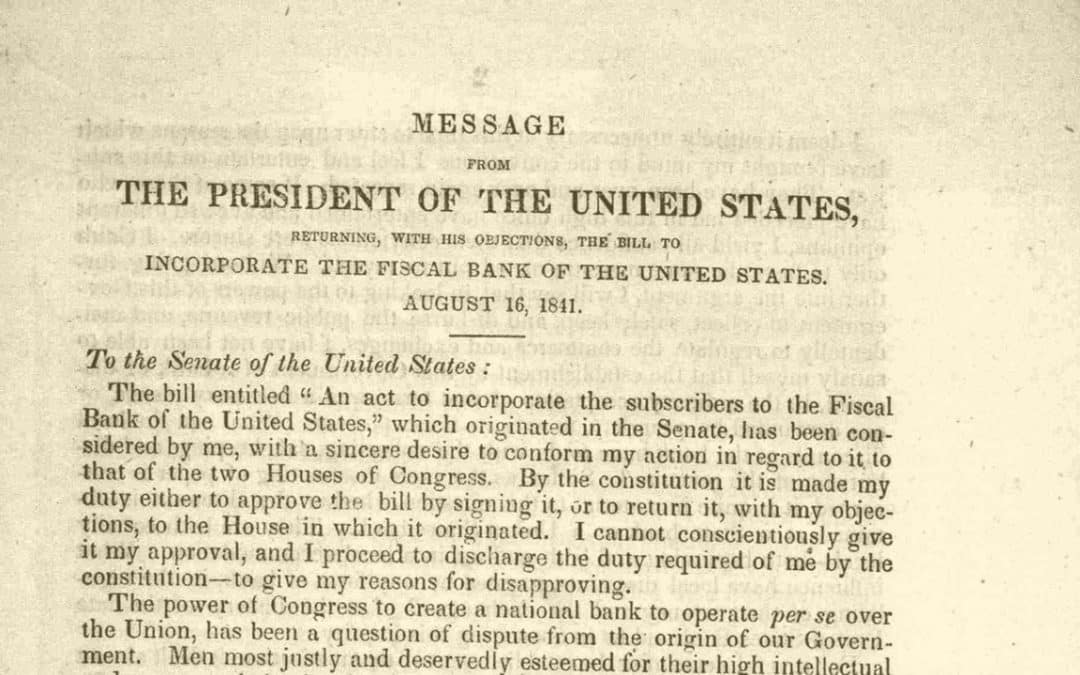




“The powers not delegated to the United States by the Constitution, nor prohibited by it to the States, are reserved to the States respectively, or to the people.”
On the Constitution, history, the founders, and analysis of current events.
Nullification news, quick takes, history, interviews, podcasts and much more.
232 pages. History, constitutionality, and application today.
Our flagship podcast. Michael Boldin on the constitution, history, and strategy for liberty today
2-4 minute videos on key Constitutional issues - history, and application today
Nothing helps us get the job done more than the financial support of our members, from just $2/month!
History, meaning, and purpose - the "Foundation of the Constitution."
Get an overview of the principles, background, and application in history - and today.